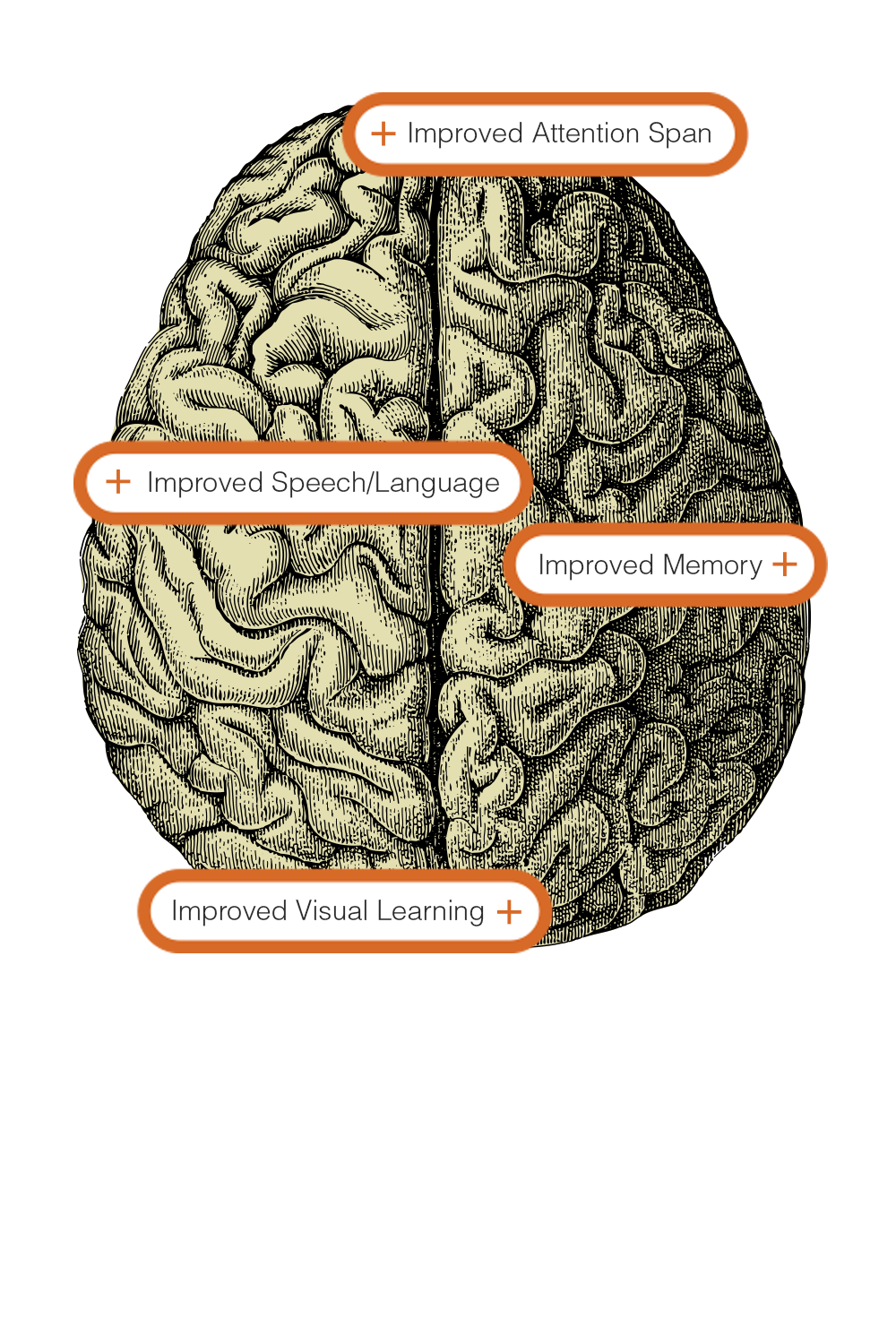Slumber is an essential part of our everyday lives, enabling our physical selves and minds to repose and rejuvenate. However, many people suffer from sleep disorders, which can considerably disturb sleep patterns. These disorders can lead to various issues, including changes in neural wave activity. Brainwaves are electrical signals in the mind that indicate our cognitive state and activity. When slumber is interrupted, the normal patterns of brainwaves can be affected, resulting to problems with cognitive function, such as recall, focus, and decision-making.
There are various types of sleep disorders, including sleeplessness, sleep apnea, and restless leg syndrome. Sleeplessness is characterized by difficulty falling or remaining asleep, while sleep apnea entails interruptions in respiration during sleep. Unsettled leg syndrome causes discomforting sensations in the limbs, resulting to an compelling urge to shift them. Each of these disorders can disrupt the normal sleep cycle, which comprises of various stages, including shallow sleep, deep sleep, and REM (rapid eye movement) slumber. Each stage plays a vital role in maintaining overall brain health and performance.
When sleep disorders disturb with these stages, neural wave activity can become irregular. For instance, during profound sleep, the mind produces gentle delta waves, which are important for physical restoration and recall consolidation. If a person experiences repeated awakenings or does not attain deep sleep, the production of these delta waves is diminished. This can lead to challenges in acquiring new information and retaining memories. Additionally, REM sleep, which is associated with dreaming and affective processing, is also affected. Disruptions in REM sleep can result to problems with emotional regulation Continue Reading and creativity.
The effect of slumber disorders on cognitive function is significant. Research has shown that individuals with sleep disorders often experience challenges with attention and concentration. This can affect their capability at educational institutions or work, making it challenging to complete tasks or participate in discussions. Furthermore, chronic sleep deprivation can lead to emotional changes, heightened stress, and even anxiety or melancholy. These cognitive and affective challenges can create a cycle, where inadequate sleep results to cognitive difficulties, which in turn can lead to more slumber problems.
Tackling slumber disorders is crucial for enhancing brainwave activity and mental function. Therapeutic options may include habitual changes, such as establishing a consistent slumber schedule, establishing a comfortable slumber environment, and engaging in relaxation techniques. In some cases, medical intervention may be required, such as employing a CPAP machine for sleep apnea or pharmaceuticals for insomnia. By valuing sleep and seeking appropriate care, people can enhance their overall mental abilities and improve their quality of life. Comprehending the relationship between slumber disorders, brainwave activity, and cognitive function is an important step toward improved health and wellness.

Comments on “Investigating The Way Sleep Ailments Disrupt Brainwave Function and Impact Cognitive Function”